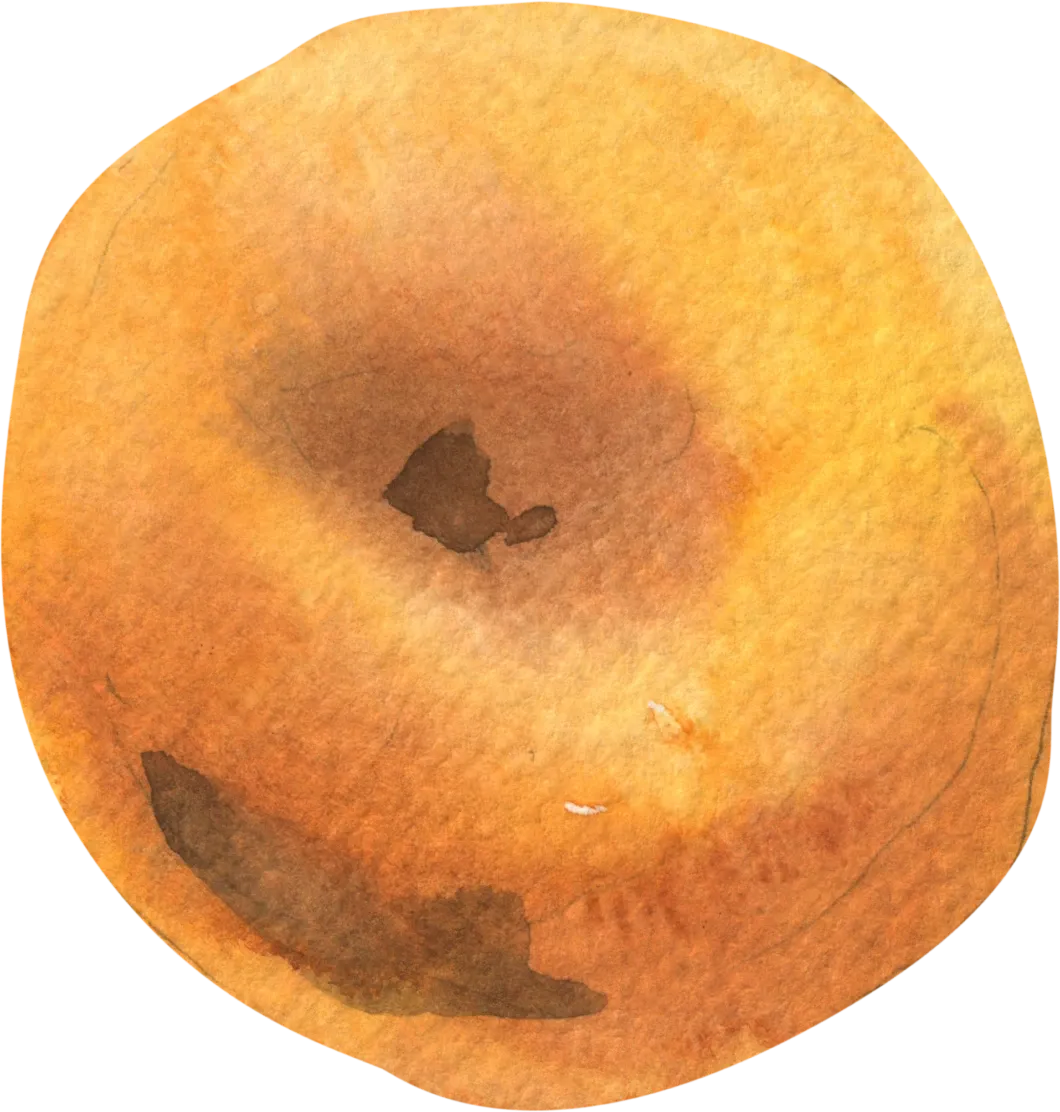The Nutritional Benefits of Brussels Sprouts: A Cruciferous Powerhouse
Introduction
Brussels sprouts, those small, cabbage-like vegetables, are often misunderstood. But these nutrient-packed powerhouses are filled with vitamins, fiber, and antioxidants that make them an essential part of any healthy diet. Whether roasted, steamed, or sautéed, Brussels sprouts are a delicious and versatile vegetable that can be enjoyed in a variety of ways.
In this blog, we’ll explore the health benefits of Brussels sprouts, their nutritional profile, and how you can add them to your meals.
Health Benefits of Brussels Sprouts
- Supports Immune Health
Brussels sprouts are rich in vitamin C, an antioxidant that boosts the immune system and helps the body fight off infections.
- Promotes Bone Health
Packed with vitamin K, Brussels sprouts play a key role in bone health by aiding calcium absorption and preventing bone loss.
- Aids Digestion
With nearly 4 grams of fiber per serving, Brussels sprouts support digestive health by promoting regularity and feeding healthy gut bacteria.
- High in Antioxidants
Brussels sprouts contain kaempferol, an antioxidant that may reduce inflammation and protect cells from oxidative stress, lowering the risk of chronic diseases.
- Rich in Folate
Folate, essential for DNA synthesis and cell division, makes Brussels sprouts especially beneficial for pregnant women.
Different Ways to Cook Brussels Sprouts
- Roasted: Roasting Brussels sprouts brings out their natural sweetness and creates a crispy, caramelized texture.
- Sautéed: Sauté Brussels sprouts with garlic and olive oil for a quick and flavorful side dish.
- In Salads: Shave Brussels sprouts thinly and use them raw in salads for a crunchy, refreshing option.
- In Stir-Fries: Add Brussels sprouts to stir-fries for an extra dose of fiber and nutrients.
Conclusion
Brussels sprouts are a versatile vegetable that packs a punch when it comes to nutrition. High in fiber, vitamins, and antioxidants, they support a healthy immune system, promote bone health, and aid digestion. Whether you’re roasting them to perfection or tossing them into salads, Brussels sprouts are a great addition to any meal.
FAQs About Brussels Sprouts
- Are Brussels sprouts good for weight loss?
Yes, Brussels sprouts are low in calories and high in fiber, making them a great choice for weight loss and digestive health.
- What’s the best way to store Brussels sprouts?
Store Brussels sprouts in the refrigerator in a sealed plastic bag for up to a week to keep them fresh.
- Do Brussels sprouts lose nutrients when cooked?
Some vitamin C is lost during cooking, but Brussels sprouts retain most of their nutrients when roasted or steamed.
- Can you eat Brussels sprouts raw?
Yes, raw Brussels sprouts can be eaten in salads or slaws, but cooking them makes their flavor milder and sweeter.
- Are Brussels sprouts AIP diet compliant?
Yes, Brussels sprouts are allowed on the AIP diet as they are free from grains, dairy, legumes, and nightshades.
- Are Brussels sprouts Low-FODMAP?
No, Brussels sprouts contain moderate levels of FODMAPs and may cause bloating for those with sensitive digestion.
- Are Brussels sprouts Low Histamine?
Yes, Brussels sprouts are generally low in histamine and are often well-tolerated by people with histamine intolerance.
- Are Brussels sprouts Keto-friendly?
Yes, Brussels sprouts are keto-friendly, with only 9g of carbs per 100g serving, making them a great low-carb vegetable option.
Recipes
Check out our meal planning service by following these recipes:
Shredded Brussels Sprouts Bacon Salad









